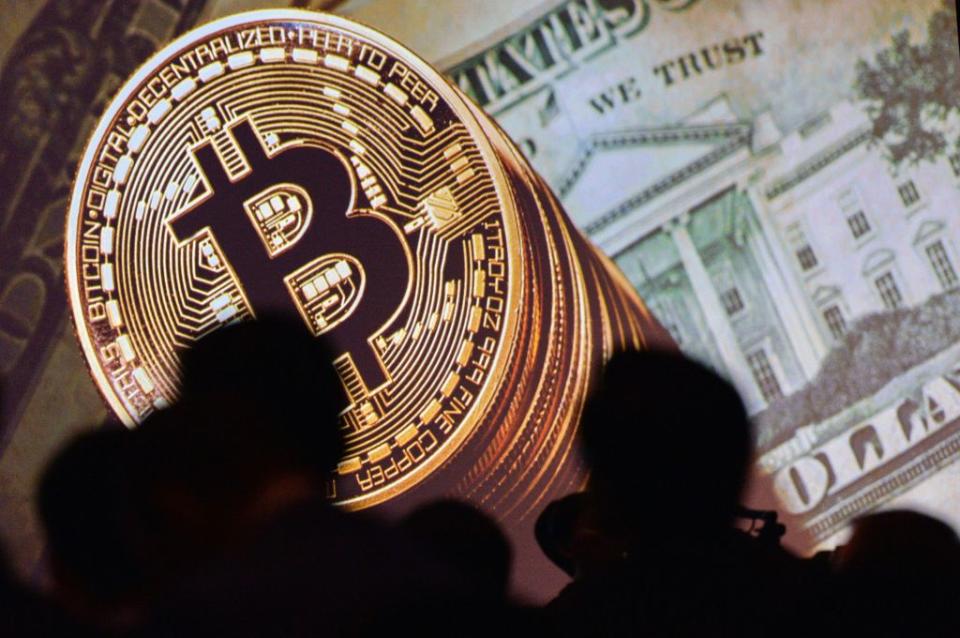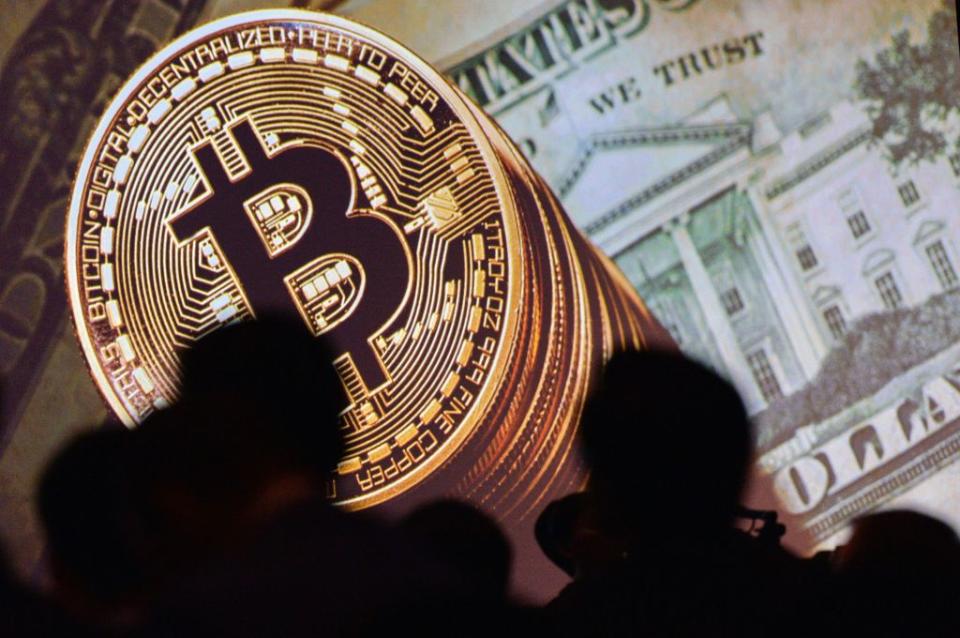Coinbase Faces Backlash, Legal Risk Over Bitcoin Cash
The world’s most popular digital currency exchange, Coinbase, is under fire from angry customers over its decision not to support a new version of bitcoin that could also make it vulnerable to “ruinous legal trouble,” according to a prominent legal scholar.
Coinbase’s headaches are tied to a breakaway faction of bitcoin miners, who are responsible both for generating new coins and for the software called blockchain that is used to record transactions. On August 1, the miners will implement a software update that will create a so-called “fork” and result in two versions of the bitcoin blockchain--and two forms of the currency as well.
The creation of the new currency means every existing bitcoin holder is entitled to an equal amount of what the breakaway miners call “Bitcoin Cash.” Coinbase’s decision against supporting the new version, however, means its customers will not receive this benefit.
This is significant because the new Bitcoin Cash is expected to be worth real money. As of July 31, futures markets predict a unit of the new currency will be worth hundreds of dollars.
This has led customers to post angry messages on Coinbase message boards, accusing the company of stealing their property and threatening class action lawsuits.
Such a lawsuit may not be far-fetched, according to Tim Wu, a prominent legal scholar who writes extensively about technology. In a series of tweets, he likened Coinbase’s decision to a broker withholding shares from its customers.
In my opinion, @coinbase is courting serious, maybe ruinous legal trouble if it doesn't give its users the full value of the Bitcoin fork
— Tim Wu (@superwuster) July 30, 2017
Imagine a stock split where the broker declined to issue the new stock to its owners– that the @coincase position right now
— Tim Wu (@superwuster) July 30, 2017
In an email to Fortune, Wu added that common law property rules mean that the newly issued Bitcoin Cash belongs to the Coinbase customers in the same way a newborn calf belongs to the owner of a cow.
Coinbase, however, has been conspicuously advising its customers that it does not intend to support any new currency that emerges from a bitcoin fork. In addition, a section of the company’s terms of service (titled “forked protocols) clearly state Coinbase has the discretion whether to support any changes to the software that underlies digital currency like bitcoin.
Wu, though, is not persuaded that terms-of-service will be enough for Coinbase to deflect responsibility for Bitcoin Cash.
“My bottom line is that, if you’re holding cows for someone else, I’m not sure it’s enough to say ‘we don’t sell veal’,” said Wu, who added that his assessment was still preliminary.
As for Coinbase, a spokesperson stated that the company has no intention of keeping customers’ Bitcoin Cash for itself or even access the “cash” at all. He added that, if Coinbase decides to support Bitcoin Cash in the future, it will distribute the balances that accrue at the time of the August 1 fork.
Until July 31, customers also had the option to transfer their “private keys” (which are held by Coinbase and control access to customers’ bitcoin wallets) to an outside bitcoin wallet. But such a step, while not highly technical, may be outside the comfort zone of the everyday crypto-currency investors to which Coinbase caters.
Worried about security -- or the price of bitcoin?
Coinbase customers wondering if they’ll ever get their hands on their Bitcoin Cash may take some comfort in what happened following a similar digital currency fork--involving a currency called Ethereum--last year. In that case, Coinbase eventually let customers withdraw their share of the new currency, known as “Ethereum Classic,” even though it still does not allow it to be bought and sold on the Coinbase site.
There’s no guarantee, of course, that Coinbase will create a similar withdrawal system for Bitcoin Cash. But there will likely be public relations pressure--and maybe legal pressure too--for the company to do so, especially if the value of Bitcoin Cash begins to climb.
Indeed, this issue of crypto-currency prices is likely what underlies the decision by Coinbase and some other exchanges not to support the Bitcoin Cash fork.
“If I put myself into the mind of one of those exchanges, they're kind of damned if they do and damned if they don’t [support a fork] because their success depends on the price of bitcoin,” said Stefan Thomas, the CTO of crypto-currency company Ripple.
Get Data Sheet, Fortune's technology newsletter.
According to Thomas, exchanges dislike forks because it undercuts the network effects that increase the value of digital currencies like bitcoin. On the other hand, he says a failure to support a forked version of the currency can lead to companies leaving a given exchange in favor of one that will.
Thomas added that Ripple’s own digital currency, known as XRP, is less vulnerable to forks or unpredictable changes because, unlike bitcoin, it relies on voting measures that favor users more than miners.
Coinbase declined to say whether its stance towards Bitcoin Cash is because of any concern about the price of bitcoin. But a source close to the company who did not wish to speak publicly told Fortune that a big reason for its decision relates to the cost and complexity of supporting a new type of currency, and for ensuring that any new currency is secure from robberies.
This is unlikely to be the end of the drama for the bitcoin owners. Even though it appeared the bitcoin community reached a consensus in mid-July over improving its underlying blockchain software, those improvements have yet to be put into effect, and another fork could occur in the future.
All of the controversy over the August 1 fork, however, appears to have done little to spook crypto-currency. As of Monday evening, bitcoin prices were around $2,850, not far from its all-time high of just over $3,000.
See original article on Fortune.com
More from Fortune.com


